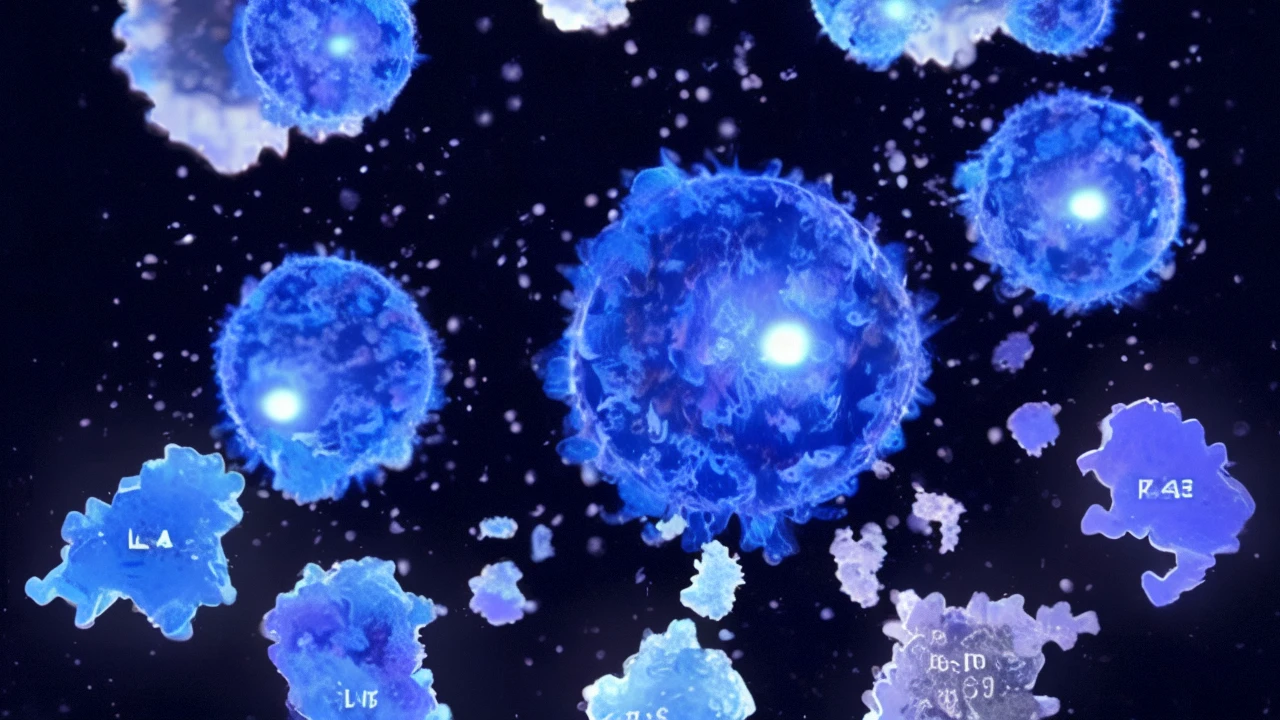Signal Transduction
Signal transduction is the process by which cells convert external signals (including chemical, physical, and electrical stimuli) into internal responses, triggering a series of biological reactions. This process is fundamental to cell communication and involves the binding of signaling molecules to receptors, the propagation and amplification of signals within the cell, and the resulting cellular responses.
Research in signal transduction spans a broad spectrum, from molecular to systemic levels, aiming to understand how cells sense and respond to environmental changes. Key research areas include the interaction between signaling molecules and receptors, the molecular mechanisms of signaling pathways, the role of signal transduction in cell function and disease, and the regulation and application of signaling pathways.

- International Certification: The ISO9001 system ensures our quality management meets international standards.
- Rigorous Quality Control: Three-stage quality control covers the entire product lifecycle, ensuring superior performance.
- Traceability: All production records and quality data are fully documented, ensuring product transparency and reliability.
- Continuous Improvement: We constantly optimize product performance through customer feedback and internal audits.

